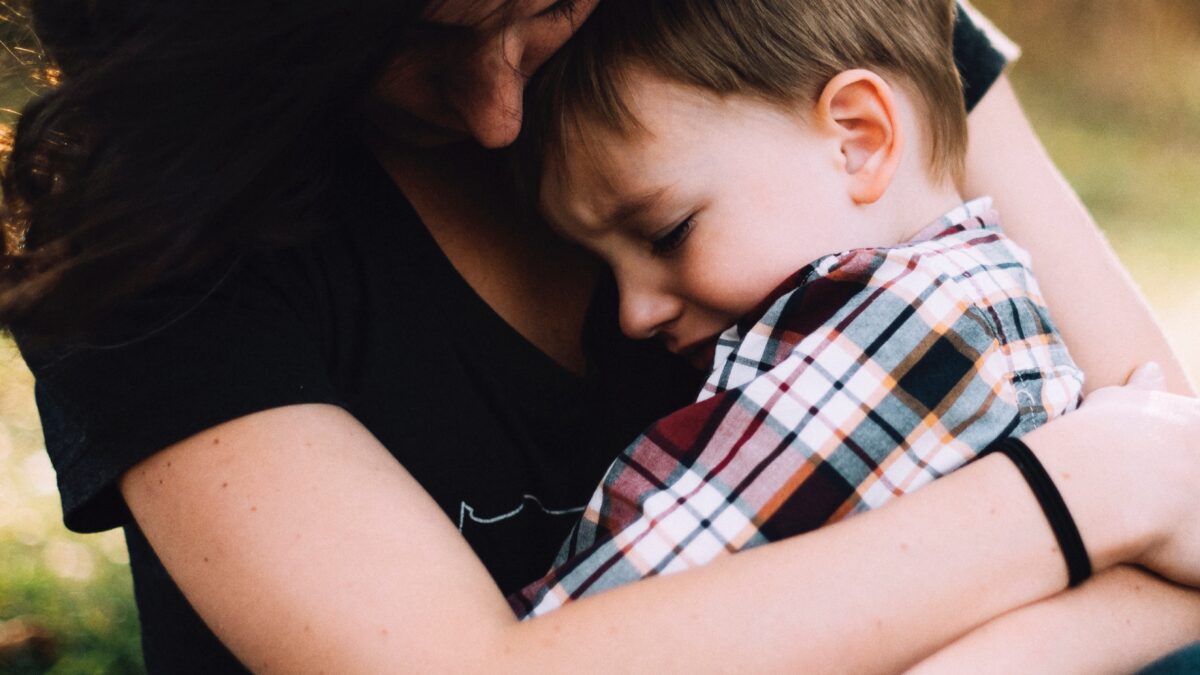
World Blood Donor Day
June 14, 2023
Friday Five: Five Things to Know about the PUMP Act
June 30, 2023Acknowledge and validate your own feelings around this loss
Consider who you want around you during the conversation
Set your expectations for yourself and your child
Words to use when talking about pregnancy loss
Examples of how children may respond
BONUS: How to conclude the conversation
Child Life Mommy
Child Life Grief Notes
Kids Grief Support

Meet Katie Taylor
Katie Taylor is a certified child life specialist, podcast host and CEO + Founder of Child Life On Call. With the expertise of a child life specialist and the heart of a momma, Katie’s passion is supporting parents, kids and the care team with the tools they deserve so they can go from overwhelmed to empowered during medical situations. With over a decade of in-hospital experience, Katie has helped hundreds of families cope with and navigate challenging life events. Katie graduated from the Pennsylvania State University and has studied and worked at facilities like Children’s National Medical Center, Inova Children’s Hospital, Dell Children’s Medical Center and St. David’s Children’s Hospital. She authored her first children’s book, Super Silly Wash Your Hands Dance, in early 2020 and has been featured in the media as a child development expert. When she’s not doing all things Child Life On Call, she loves spending time in the great trails of the Hill Country with her husband and two children, listening to audiobooks and visiting local Austin breweries.Piper+Enza’s work has been profoundly shaped by our collaboration with Child Life Specialists and the valuable principles they employ to support families navigating a wide range of experiences and challenges as it relates to health. It has also transformed the way we approach conversations around physical and mental health with our own children.
In particular, we have learned a great deal from Certified Child Life Specialist Katie Taylor and are happy to partner with her in creating this resource for the Pregnancy After Loss community. We hope it provides you with some insight in how to approach what can be an extremely difficult time for families.




